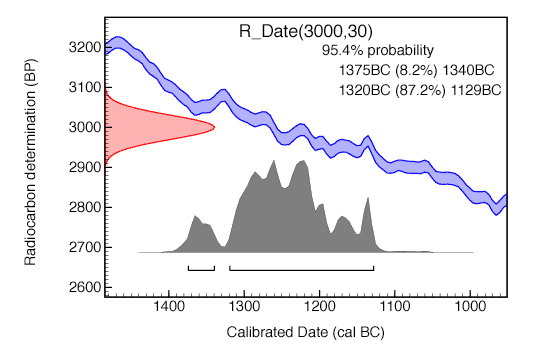Is there any justification in saying the Roman empire fell because of migration?
BoJo said at the G20 in Rome:
When the Roman empire fell, it was largely as a result of uncontrolled immigration. The empire could no longer control its borders, people came in from the east, all over the place, and we went into a dark ages, Europe went into a dark ages that lasted a very long time.
Not in any meaningful sense. The 'Rome fell due to immigration' narrative in recent years came from Peter Heather, who based on his earlier work on the Goths knows better. The 'barbarians' that set up post-Roman successor states - Goths, Vandals, and Franks - weren't composed of fur-wearing wildmen covered in mud and squatting in bogs. Almost all of them had spent decades inside the Roman Empire, were of partial Roman parentage, or had imperial connections. Even the 'arch barbarians' Geiseric of the Vandals was related to the Theodosian dynasty by marriage. The 'barbarians' became yet another faction playing the political games and participating in the civil wars in the late empire.
With the collapse of the Theodosian dynasty, there was no agreement on what was needed for a 'legitimate' Emperor, and the Romano-barbarian notables in Gaul, Spain, and North Africa were increasingly realizing Italy was no longer the prize it once was. Without the need for 'Imperial Legitimacy' to justify a right to rule and the declining resources of Italy, there was less and less need for Romano-barbarian notables in outlying regions to fight over Italy.
Plus, the 'Dark Ages', insofar as a period can be called the 'Dark Ages' started around 600 AD, not the late 400s. Post-Roman state in France, Spain, and Italy worked along almost the same lines as the late Roman state, maintaining an urban economy, independent royal military power, and central administration. It was only after Justinian's wars in the west that saw the post-Roman states break apart into a 'dark age'. Britain may have been an exception to this, but we are limited by the terrible state of surviving writings from that period.
That Rome did not re-form, as after the 'Crisis of the Third Century', was due to the 'barbarians', but somehow I doubt BoJo is that familiar with the historiography of the late Roman Empire to be making a nuanced point about ethnic and political identity in late antiquity.


